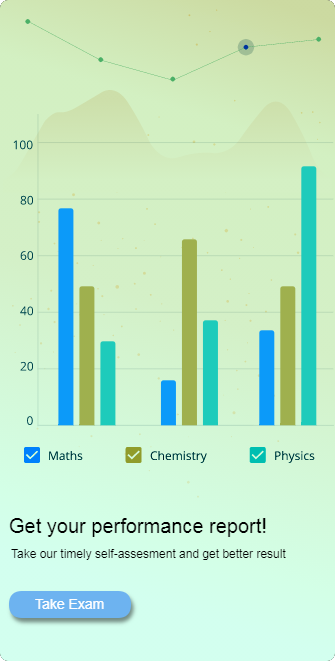. All protozoans are heterotrophs and live as predators or. parasites. They are believed to be primitive relatives of animals. They are classified into four groups on the basis of locomotory organelles.
(i) Amoeboid protozoans: These organisms live in freshwater, seawater or moist soil. They move and capture their prey by developing pseudopodia (false feet) as in Amoeba. Some of them such as Entamoeba are parasites.
(ii)Flagellated protozoans: The members of this group are either free-living or parasitic. They have flagella for locomotion. The parasitic forms cause diseases such as sleeping sickness e.g., Trypanosoma.
(iii)Ciliated protozoans: These are aquatic, actively moving organisms because of the presence of thousands of cilia. They have
a cavity (gullet) that opens to the outside ‘of the cell surface. The coordinated movement of rows of cilia causes the water laden with food to be steered into the gullet e.g., Paramecium.
(iv)Sporozoans: This includes diverse parasitic organisms that have an infectious spore¬like stage in their life cycle. Locomotory organs are absent. The most notorious N . is Plasmodium (malarial parasite) which
causes malaria which has a staggering effect on the human population.




